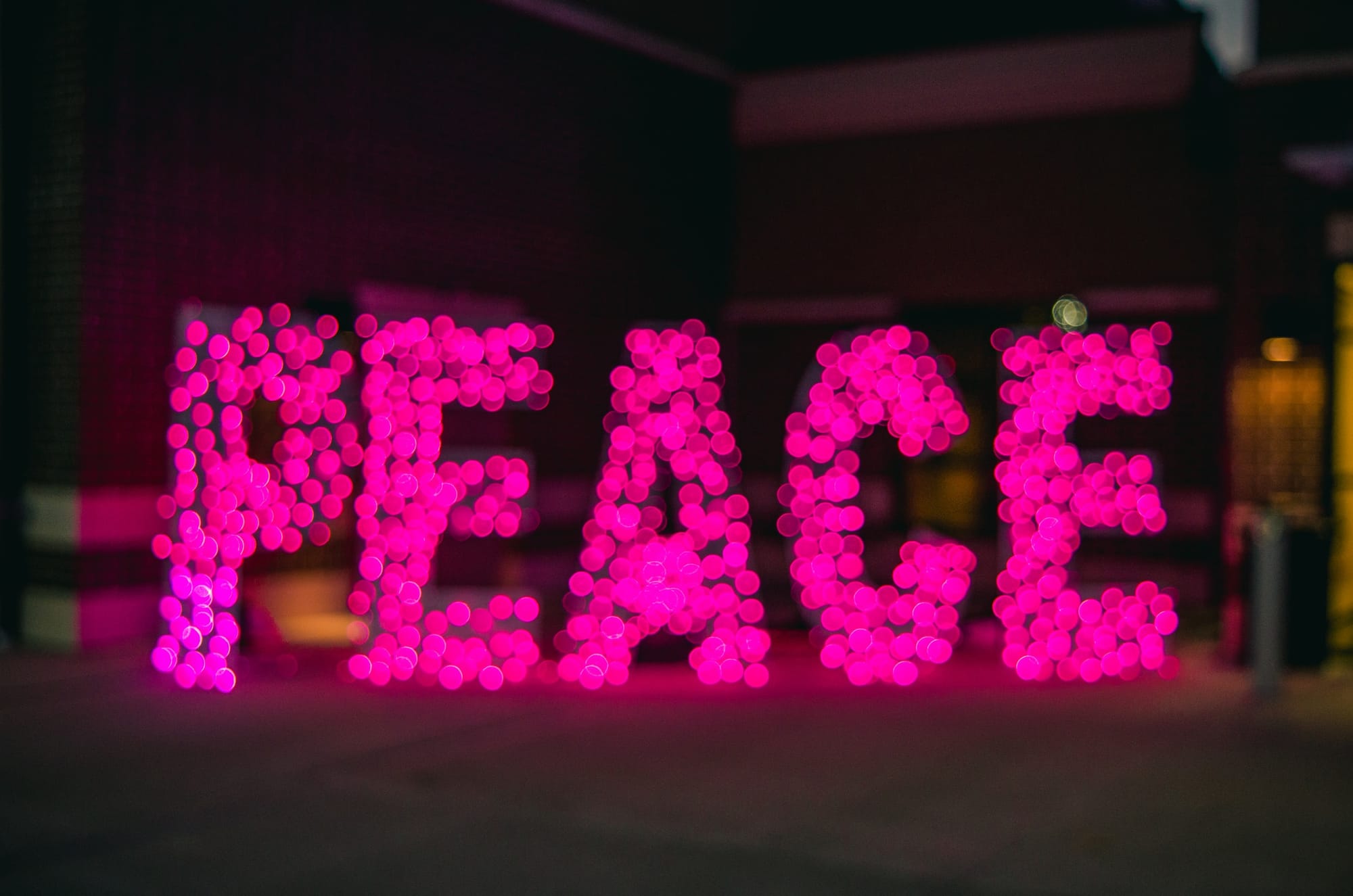Why is conflict scary and why do so many people try and avoid it?

Jason Brien.
Conflict is an inevitable part of our social structure. When most people think of conflict, they automatically think of violence, anger or aggression. Conflict in and of itself is the mere expression of disagreement. A discord between needs, values, wants, beliefs, etc. Without conflict, issues and needs stay hidden within the dark recesses of our minds, festering away until they lead to poor mental health. Conflict can be healthy when it is addressed properly and assertively. So, why do so many people fear and avoid conflict?
Conditioned responses;
People will often think “It is better for me if I avoid conflict altogether”. This is untrue as actively avoiding conflict reinforces the fear responses to it. It is the same as avoidance in PTSD and other anxiety disorders. The more you avoid that which you fear, the greater the fear becomes. Likewise, always avoiding conflict robs you of the opportunity to learn how to manage conflict effectively. This brings us to the next point.
Lack of skills;
Rarely are we raised in an environment where we are taught how to resolve conflict healthily. Look at cultures, countries, ethnicities, religions, etc which have been fighting against one another for thousands of years. Look at toxic and unhealthy families where conflict is resolved through violence, manipulation, etc. People who are raised within these environments may grow to fear conflict as they see no positive way through the quagmire of disagreement. They therefore lack the skills to resolve conflict effectively and so they will avoid it.
Fear on oneself;
Sometimes people are afraid of their own anger. They are afraid of what they are capable of doing to another if they are provoked “too much”. These people will be afraid to enter conflict as they believe that they will lack the ability to control themselves once the conflict ‘kicks off’. People who have been violent towards others in the past quite often have these concerns/beliefs. They will recall a conflict in the past where they have ‘blown their lid’ (which may or may not have resulted in injury to another) and they feel now that the risk of a repeat episode is too ‘high’. They will prefer tp be passive and walk away or avoid conflict.
Threat to ego;
Conflict requires introspection. It requires us to reflect on ourselves so as to assess if we need to alter our beliefs, values, etc. This potential adjustment scares the ego. The ego LOVES its comfort zone. The ego loves to live in peace and tranquillity where everything remains the same and nothing changes. Conflict challenges the egos omniscience and omnipotence (I am God and I know all). Conflict challenges the egos infallibility and immutability and the ego must then pose itself questions such as “Am I not God”? “Do I not know all”? “Is another God”? For this reason, some people may avoid conflict, or approach conflict aggressively, so as to maintain their homeostasis.
People pleasers;
People pleasers are the opposite of those who view conflict as a threat to their ego. The mantra of the people pleaser is “You are God and you know all”. People pleasers will therefore avoid conflict so as not to ‘challenge’ the omnipotence and omniscience of others. The people pleaser is a servant to others and their sole duty is to validate and reinforce the egos of others. People pleasers will not express disagreement and they will not sow seeds of doubt. They simply view life in terms of “You are right no matter what and I have no right to disagree with you no matter the distress it causes me”.
Manipulation;
Some people will use conflict avoidance as a manipulation tactic. These people will consciously and intentionally supress or repress their needs, wants, beliefs, etc if their audience is unlikely to be receptive of their views or if they wish to maintain a certain social image. These people will however express their displeasure in other ways. They will actively sabotage any peace agreement that was implemented. They will gripe about their concerns to others and play the victim “They just wouldn’t listen to what I had to say. I felt bullied into silence”. If they are confronted about their continued displeasure, they will deny that want anything other than what was agreed.
Passive-aggressive;
Passive-aggressive conflict tactics are similar to that of manipulation. People who are passive-aggressive will not vocalize their needs, wants, beliefs, etc, in the right arena. Like the manipulator, when given the opportunity to vocalize their concerns, etc, they will remain silent and gaslight or deflect. Once the other person has been led to believe that the conflict has been resolved, the passive-aggressive individual will work malevolently so as to keep the conflict simmering under the surface. Hence the name passive-aggressive. Passive-aggression is quite toxic and it can quickly lead to unhealthy relationships as conflicts will continue unabated and unresolved.
False responsibility;
These people are similar to people pleasers however they differ in the sense that they feel that it is their responsibility to keep the peace. This false sense of responsibility is often the result of social, cultural or religious conditioning and social roles and norms. Think of older siblings, young people, grandparents, etc. Older siblings might avoid conflict so as to ‘role model’ to younger siblings. Younger people may avoid conflict as a sign of respect to their elders. They are taught not to disagree with those perceived to be in authority. Grandparents and elderly people may avoid conflict as they believe it is up to the younger generation to sort out their problems.
Resources
http://work911.com/conflict/carticles/conav.htm
https://www.emerald.com/insight/content/doi/10.1108/eb022872/full/html
https://books.google.com.au/books?hl=en&lr=&id=jLndLBZUBRwC&oi=fnd&pg=PR7&dq=why+do+people+avoid+conflict&ots=IIXPLl6QoY&sig=6QkiIxx4RuDlMTN-ss16x94te5M&redir_esc=y#v=onepage&q=why%20do%20people%20avoid%20conflict&f=false